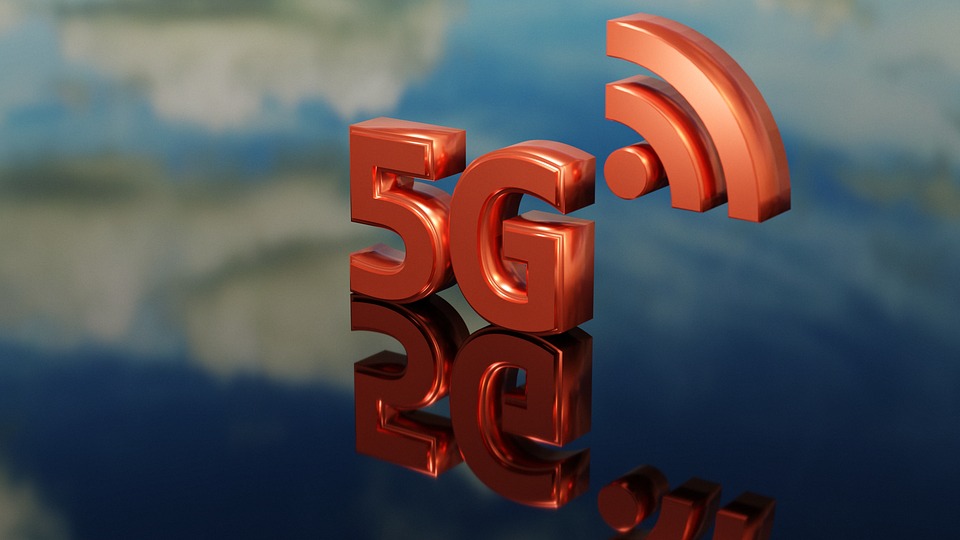The Impending Arrival of 5G: What You Need to Know

[ad_1]
The Impending Arrival of 5G: What You Need to Know
The era of 5G is upon us, and it is set to revolutionize the way we connect, communicate, and experience the digital world. The highly anticipated fifth-generation wireless technology promises lightning-fast speeds, unprecedented connectivity, and a plethora of new opportunities across various industries. But what exactly is 5G, and what do you need to know about its impending arrival?
To put it simply, 5G is the next generation of wireless networks that builds upon the foundations of 4G LTE. While 4G brought us faster download and upload speeds, 5G takes it to a whole new level by offering internet speeds that are up to 100 times faster. This means downloading a full-length movie could take mere seconds, and streaming high-definition videos will be seamless, eliminating frustrating buffering times.
One of the key features of 5G is its significantly lower latency. Latency refers to the time it takes for data to travel from one point to another, and with 5G, it is expected to be reduced to as low as 1 millisecond. This near-instantaneous responsiveness will enable applications and devices to communicate and interact in real-time, opening up doors for advancements in fields such as autonomous vehicles, virtual reality, and robotics.
Another important aspect of 5G is its capacity to handle a massive number of connected devices simultaneously. This increase in connectivity will be vital in the development of the Internet of Things (IoT), where everyday objects are connected to the internet and can communicate with each other. Smart homes, smart cities, and smart grids will become a reality as 5G enables a seamless network of interconnected devices.
While the promises of 5G are undeniably exciting, it is important to understand the infrastructure required to make this technology fully functional. 5G operates on a higher frequency spectrum, which means it has a shorter range compared to 4G. Consequently, more cell towers and small cells will need to be installed to ensure reliable coverage, especially in urban areas. The deployment process might take time and will require substantial investment from telecommunication companies and governments.
Furthermore, as with any new technology, there are concerns around security and privacy. With the increased connectivity and data exchange that 5G brings, there will be an amplified need for robust security measures to protect against potential cyber threats. As 5G infiltrates various industries such as healthcare, finance, and transportation, securing sensitive data will become paramount.
The arrival of 5G will also have a considerable impact on various sectors. Industries such as healthcare will benefit from remote consultations and diagnostics made possible by the high-speed, low-latency connection. Self-driving cars and smart traffic management systems will become more efficient and safer with the real-time communication facilitated by 5G. Additionally, the entertainment industry would experience a significant transformation, offering immersive virtual reality experiences and seamless streaming services.
In conclusion, the impending arrival of 5G promises a new era of connectivity, speed, and endless possibilities. From faster download speeds to real-time interactions, this technology will revolutionize how we connect and interact with the digital world. However, it is crucial to understand the infrastructure requirements, potential security concerns, and the impact it will have on various industries. Buckle up, for 5G is set to change the way we live, work, and play.
[ad_2]
